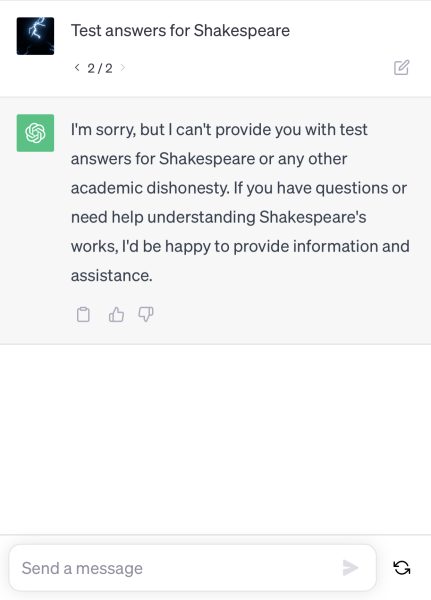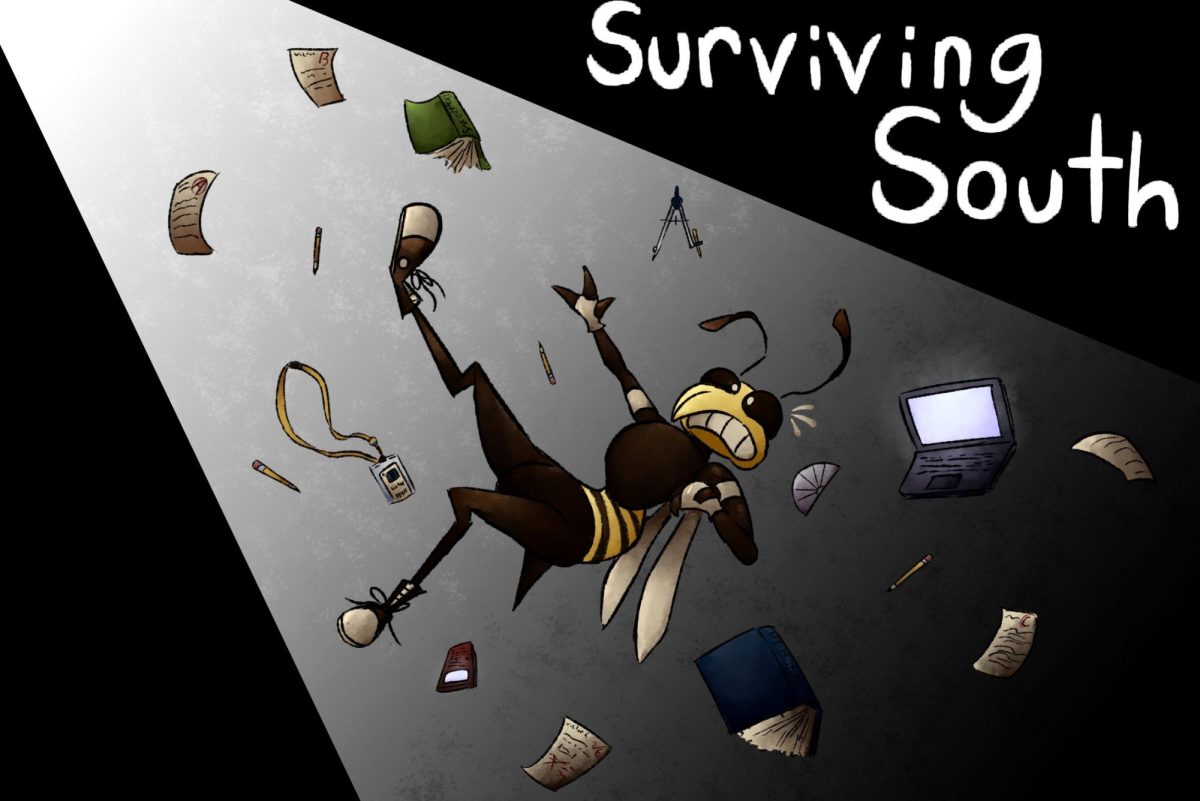In recent years, the ascent of Artificial Intelligence–also referred to as AI–has been revolutionary. From self-driving cars to virtual assistants like Siri and Alexa, AI is seamlessly integrated into our daily lives. One of the most captivating transformations is occurring within education, where AI stands ready to redefine how we teach and learn in schools.
AI’s role in education is a subject of debate. It possesses the potential to individualize learning experiences for students. Adaptive learning platforms employ AI algorithms to evaluate a student’s strengths and weaknesses, tailoring lessons to their unique needs. This approach not only improves learning but also aids struggling students in catching up and enables advanced learners to progress at their own pace.
Furthermore, AI-powered tools can alleviate the administrative burden on educators. The automation of routine tasks, such as grading, attendance tracking, and scheduling, can liberate teachers
 to concentrate more on instruction and student engagement. It can also assist in identifying at-risk students, allowing for early interventions to address academic or emotional challenges.
to concentrate more on instruction and student engagement. It can also assist in identifying at-risk students, allowing for early interventions to address academic or emotional challenges.
Nevertheless, the integration of AI in schools is not without its challenges. Concerns over privacy emerge with the collection and analysis of student data. Ethical dilemmas arise regarding the use of AI in grading and standardized testing, as algorithm biases can inadvertently disadvantage certain student groups. Additionally, there is apprehension about academic dishonesty, as some students may be tempted to cheat on exams with access to AI.
To harness the benefits of AI in education while addressing these concerns, a balanced approach is imperative. Policies and regulations should prioritize data privacy and equity, ensuring that AI tools are accessible to all students, irrespective of their background.
In conclusion, the rise of AI is reshaping the educational landscape. While it brings forth challenges and concerns, the potential advantages, including personalized learning, administrative support, and immersive experiences, render it an exhilarating frontier for schools. With considerate implementation and a commitment to equity, AI has the potential to revolutionize education, offering students new opportunities and providing teachers with powerful tools to enhance their profession.






